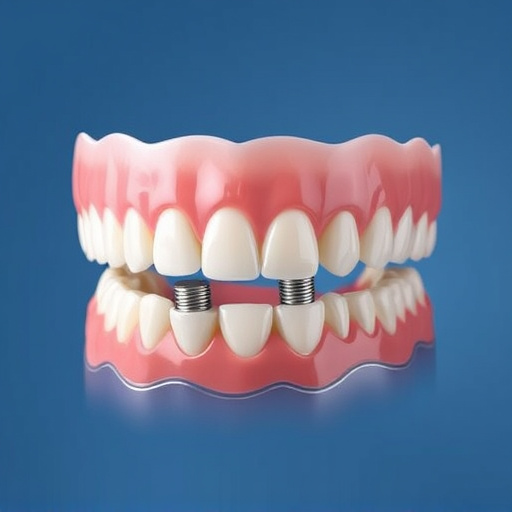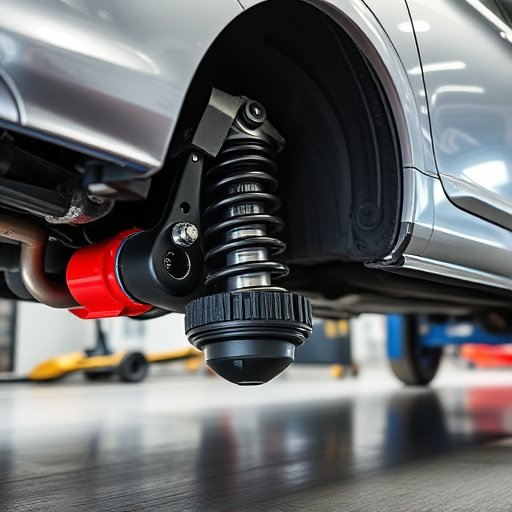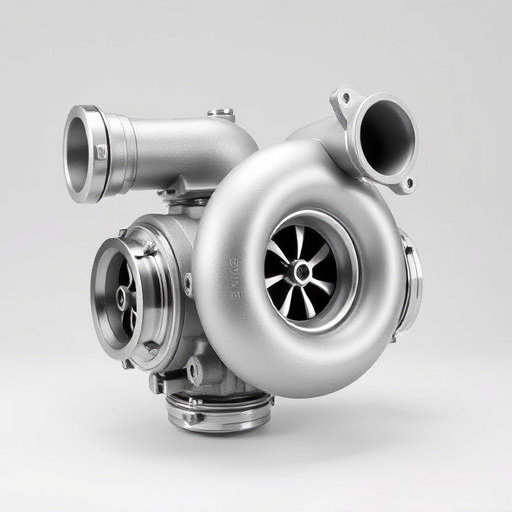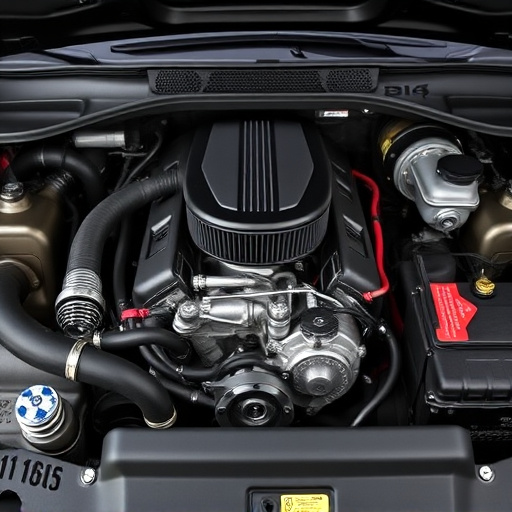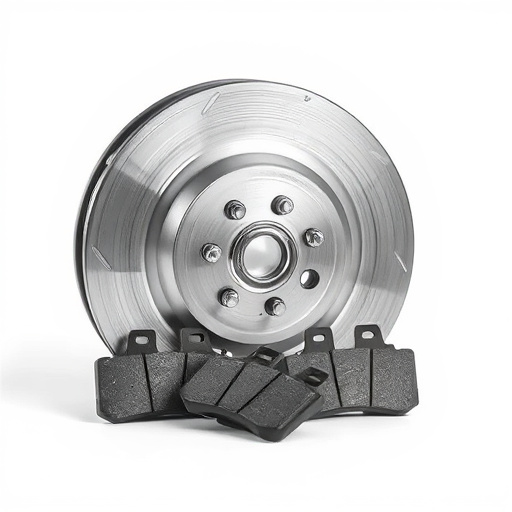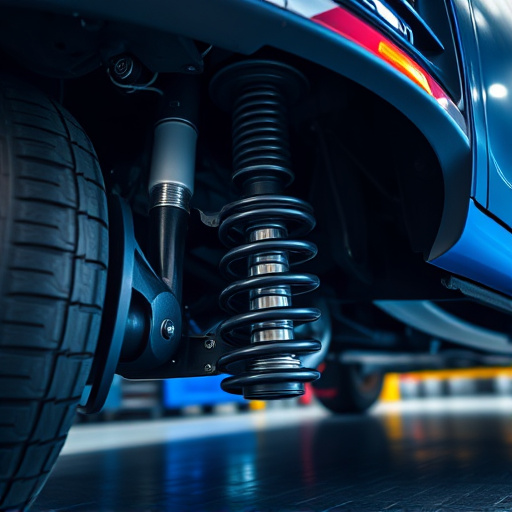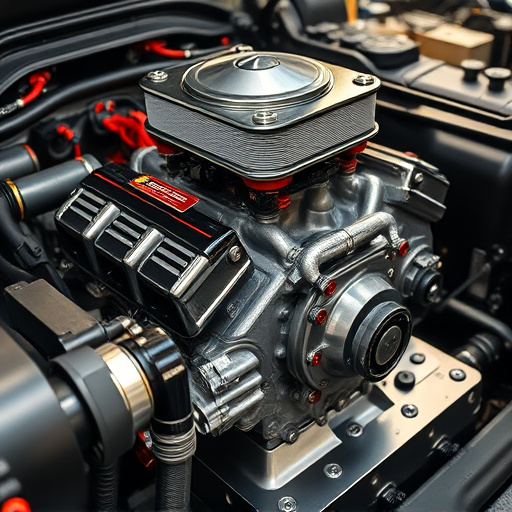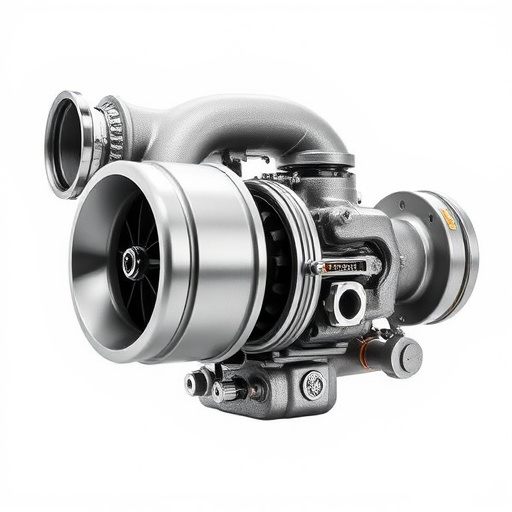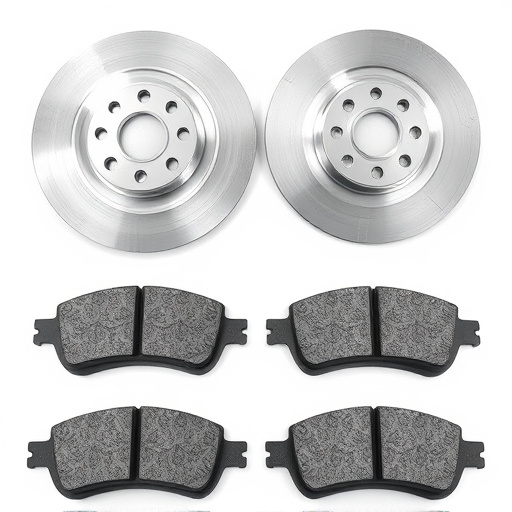A resonator delete is a car modification that removes or bypasses the resonator, resulting in a deeper, sportier exhaust note and improved engine performance. This simple upgrade enhances throttle response, boosts engine power, and appeals to enthusiasts seeking an aggressive driving experience. However, it increases noise levels and requires careful installation, considering legal limits and compatibility with other modifications like suspension components for an optimal drive.
“Uncover the power of a Resonator Delete and its impact on your driving experience. This comprehensive guide aims to equip every driver with essential knowledge about this popular modification. From understanding the resonator delete‘s role in your vehicle’s exhaust system to exploring its effects on performance and sound, we delve into the benefits and potential considerations. Discover how this simple upgrade can transform your drive without compromising safety.”
- What is a Resonator Delete?
- How Does it Affect Your Vehicle's Performance and Sound?
- Benefits and Considerations for Drivers
What is a Resonator Delete?
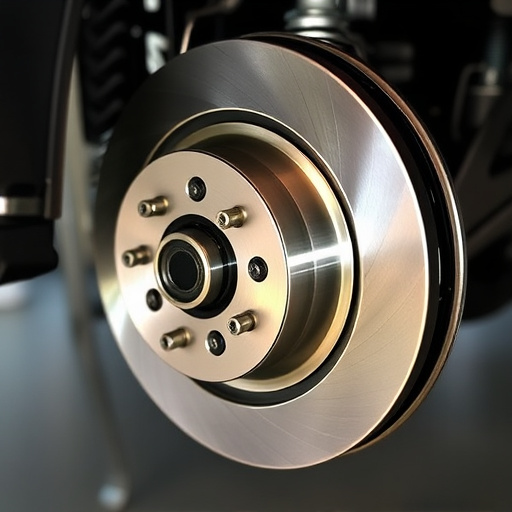
A resonator delete is a modification commonly performed on vehicles to enhance their exhaust note and overall performance. It involves removing or bypassing the resonator, a component in the exhaust system designed to reduce unwanted noise vibrations. By eliminating this part, drivers can expect a deeper, sportier exhaust sound that many car enthusiasts appreciate for its aggressive tone. This modification is particularly popular among those seeking to upgrade their vehicle’s audio experience and improve overall driving dynamics.
For automotive owners, especially those who prioritize performance brakes and intake components, a resonator delete can be a significant step towards personalizing their driving experience. It allows for a more direct flow of exhaust gases, potentially increasing engine output and improving the overall responsiveness of the vehicle. This simple yet effective modification is often considered an entry point into the world of car tuning, offering a taste of enhanced performance without extensive alterations to the engine or other critical systems.
How Does it Affect Your Vehicle's Performance and Sound?
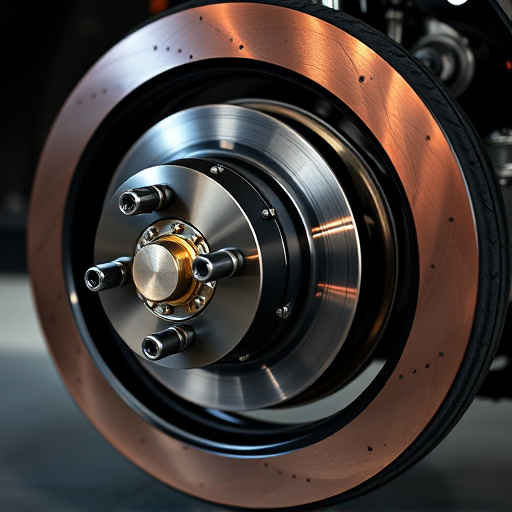
A resonator delete is a modification often sought by drivers looking to enhance their vehicle’s performance and tuning. By removing or disabling the resonator, a component in the exhaust system that reduces low-frequency noise, several changes occur. These include an increase in engine sound, which can be both louder and more aggressive, appealing to those who enjoy the auditory feedback of their car’s power. Beyond sound, a resonator delete can lead to improved airflow within the exhaust system. This modification bypasses the resonator, allowing for smoother flow of gases, potentially boosting engine performance and throttle response.
This change also influences the overall sound character of your vehicle. While some may appreciate the deeper, more powerful rumble that results, others might find it too loud or undesirable. It’s important to note that a resonator delete can affect not just the exhaust note but also the balance of your car’s overall sound, including modifications to the air filter kits and exhaust tips/mufflers that work in harmony with the resonator to create a particular acoustic signature.
Benefits and Considerations for Drivers
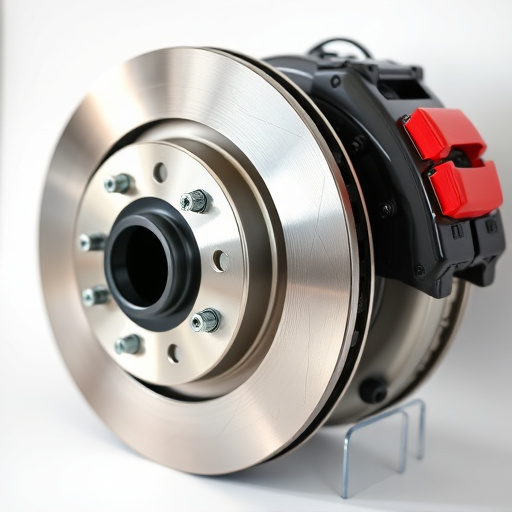
A resonator delete is a modification that involves removing or altering the resonator, a component within an vehicle’s exhaust system. This simple change offers several advantages for drivers looking to enhance their vehicle’s performance and sound. By eliminating restrictions in the exhaust flow, a resonator delete can boost engine power and torque, resulting in improved acceleration and overall driving experience. Additionally, it allows for a deeper, more aggressive exhaust note, appealing to those who enjoy a sportier drive.
However, there are considerations to keep in mind. While it provides benefits for performance enthusiasts, a resonator delete might increase noise levels, which could be a concern in urban areas or for drivers who prefer a quieter ride. Moreover, proper installation is crucial; improper fitting could lead to exhaust leaks, affecting both vehicle performance and environmental emissions. It’s essential to balance desired sound and legal requirements when considering this modification, especially regarding exhaust systems and air intake systems. Another aspect to consider is how it might interact with other upgrades, such as suspension components, as overall vehicle tuning plays a role in the overall driving experience.
A resonator delete is a modification that can significantly impact your vehicle’s sound and performance. By removing the resonator, drivers may experience enhanced exhaust note and increased horsepower, making it an attractive option for those seeking a more aggressive drive. However, it’s essential to consider potential noise pollution concerns and the potential loss of factory warranty. Understanding these factors is crucial before making the decision to install a resonator delete, ensuring a balanced trade-off between performance and compliance with local regulations.

